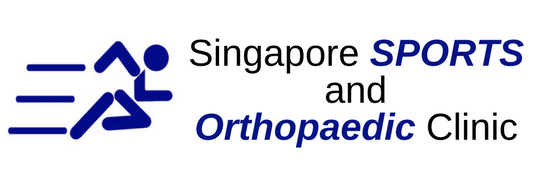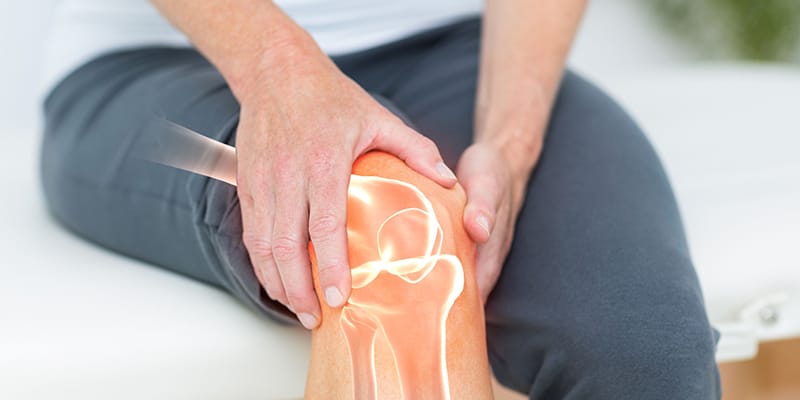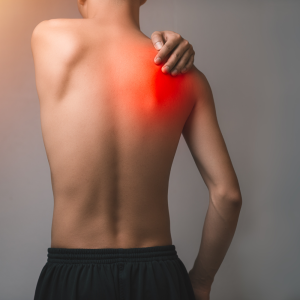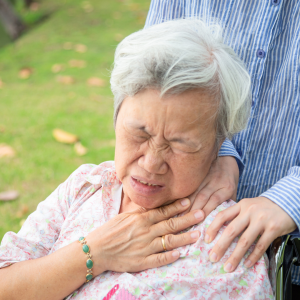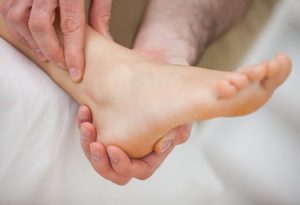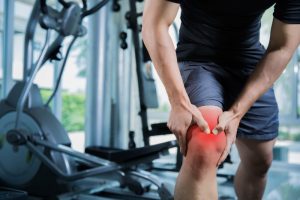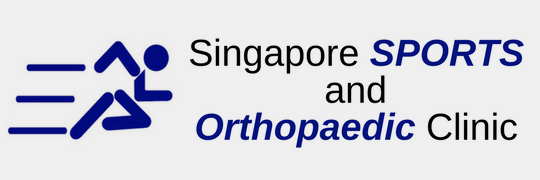In Asia, knee pain is a common symptom experienced at some stage of their lives. As easy as one can get knee pain, it can easily cause serious damage in the long run if not treated correctly. There are various treatments in providing relief but in some severe cases, surgical repair might be required. Before applying any medicine or treatment, you need to identify what are the causes of the pain.
Causes
Knee pain stems from many root causes, like old age, injuries, and mechanical problems due to repeated stress on the joint. A knee injury can affect any of the ligaments and other areas that surround your knee joint. This includes the bones, cartilage and ligaments that form the joint itself. Some of the common knee injuries include:
- Acute injury: This injury is commonly suffered by younger people below the age of 40. This causes severe pain, and rapid swelling – particularly common in people who play sports.
- Fractures: Broken during falls or brittle weakness by osteoporosis, causing the inability to continue activity or mobility.
- Dislocated kneecap: When your kneecap slides out of position, causing knee pain and swelling.
- Osteoarthritis: The inflammation of the joints usually worsens with age, and causes the wear and tear of knee joints. This causes a dull ache, soreness, tingling or burning pain and stiffness.
Other than these, there are other underlying factors which contribute to knee pain. These factors can increase your risk of suffering from knee pain, including obesity, lack of flexibility and strength, overstretching, outdoor activities or jobs, and history of knee injuries.
DIY Treatments
Evaluate your pain, if you have mild to moderate pain, you can use one of these DIY treatments at home to provide relief while managing it.
- RICE: Not the rice grains you cook with, but what this acronym represents. Rest, Ice, Compression and Elevation. Refrain from working out or walking, apply an ice pack to the affected area. After wrapping a compression bandage, elevate the injury to prevent swelling.
- Medicinal ointment or cream: These surface medications often have salicylates and camphor ingredients, which have pain relieving, and anti-inflammatory properties. These can easily be bought off the shelves or over the counter at pharmacies.
- Heat and cold therapies: Heat application can help relieve pain and cold application can help reduce inflammation of your knee injuries. Both can be used together for recovery but remember to alternate between both. Apply heat for up to 20 minutes at a time, rest for 2 days, and apply cold pads for 20 minutes too, 4 to 8 times a day. Never apply ice directly or use a heat pad too hot.
If you feel that your knee pain is on the higher pain scale, or if the symptoms worsen, you may need to seek medical attention for a full diagnosis.
Prevention
Prevention is the best cure for any injuries, here are some ways you can adopt to your daily lifestyle to improve or maintain healthy knees:
- Body stretches: Always remember to stretch in the morning and before any strenuous exercises. Stretches help to loosen stiffness in the morning when you wake up and protects the knees by building flexibility. Stretches help to warm up your muscles before exercising.
- Weight management: The more you weigh, the more stress and pressure your knees support when you walk. By losing weight, your knees will experience a lesser load to support.
- Proper body posture: Walking with a straight back and shoulders back helps promote good posture while lessening the pressure on your knees.
Singapore Sports and Orthopaedic Clinic is home to knee specialists and surgeons with over 20 years’ of experience in managing joint injuries and problems. Consult with our orthopaedic specialists to receive the right diagnosis and treatment for your condition.
There are different diagnoses to find out what the cause of your knee pain, especially for knee injuries suffered by patients above the age of 40. There are special examinations such as blood tests to provide an arthritis profile of what factors are present, x-ray scan to see what has been going on in the knee joints, and an MRI scan (if needed) to see the status of meniscus and ligaments of the knee – all of these we offer at Singapore Sports and Orthopaedic Clinic.
Performing or applying the wrong treatment and medicine can worsen your knee pain if you are unsure of how to go about effectively giving yourself pain relief and recovery. Hence, it is always better to consult a specialist about your knee condition and this helps to reduce the risk of worsening your injuries.

